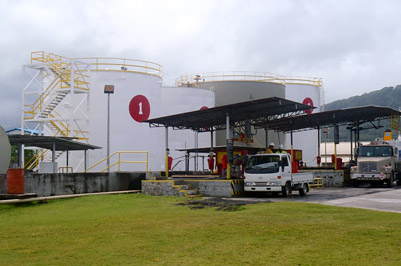
For a healthy Performance Management System
Performance management involves more than just getting someone to do their job by using reward and recognition. It’s about considering all the different influences on company performance and making sure they support the company goal.
A healthy performance management system will:
- Align strategic goals to outcomes, for example sales growth targets to sales results
- Minimise unintended consequences, such as poor behaviour in employees.
Consider the following corporate goal of Arbuckles’ Retail Appliances. They wanted to increase the volume of sales by focusing on those of smaller value. To do this, they introduced commission earnings for sales staff and waited for the sales to roll in. What they didn’t realise was the impact that commission earnings would have on their staff’s behaviour. Sales staff began to focus only on large sales to earn more commission and indulged in some unethical behaviour to achieve this. In the end, the company realised that commission payments were not only not achieving their corporate goal (a higher volume of low value sales), but the price in terms of reputational risk was too high to pay.
An integrated performance management scheme
An integrated performance management scheme can consider everything from goal setting and strategy development, to organisational structure, succession planning and surveying employees and customers (amongst other things).
Consider which elements of the performance management scheme should be applied in your organisation, as not everything has to be – nor should it be. A performance management scheme needs to be fit for purpose and must be integrated into everything else the organisation is doing, in order to achieve the corporate goal.
In selecting the right elements of a performance management system, it’s useful to first understand the context in which it is going to sit. How are the roles that are to be incentivised contributing to corporate goals and strategy? Then, think about the things that are needed to get the role contributing the right way to support the goals and strategy. The elements you need to implement first might not be the ones you consider first. For example, with an aging workforce, you might need succession planning more than process and procedure documentation to build the next generation of leaders. A retail business that is failing because of low sales may need to focus on its reward and recognition scheme to change their people’s behaviour.
The performance management puzzle
Trying to solve the performance management puzzle is all about understanding what pieces you need to complete the picture. Parts of the puzzle will be vastly more valuable than others, depending on the circumstances of the business. We can help you deconstruct your performance puzzle and deliver a performance management scheme that supports your goals.
To find out how, contact us today.













